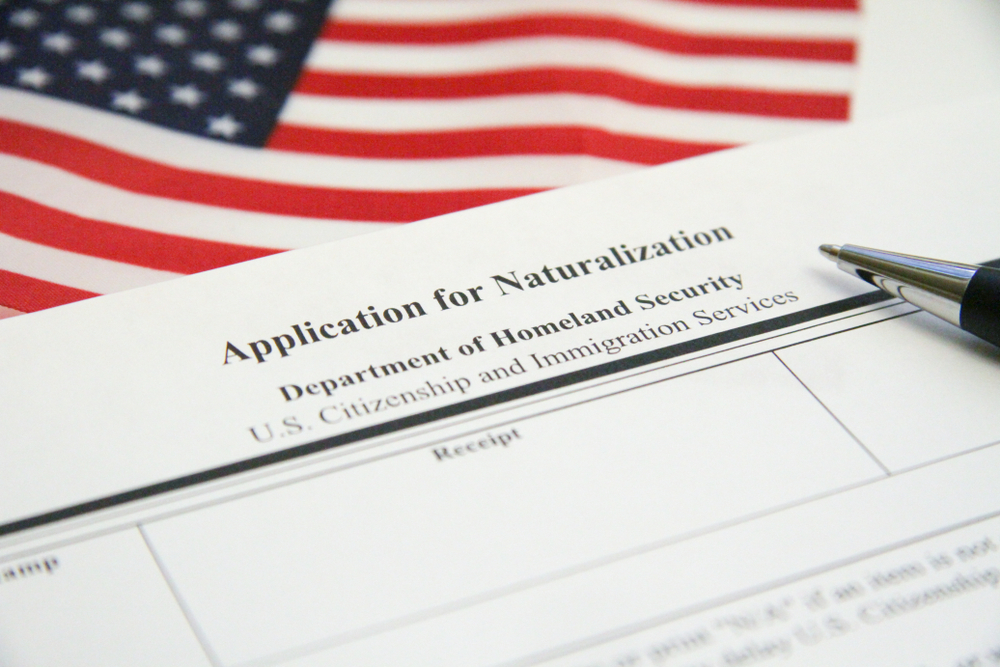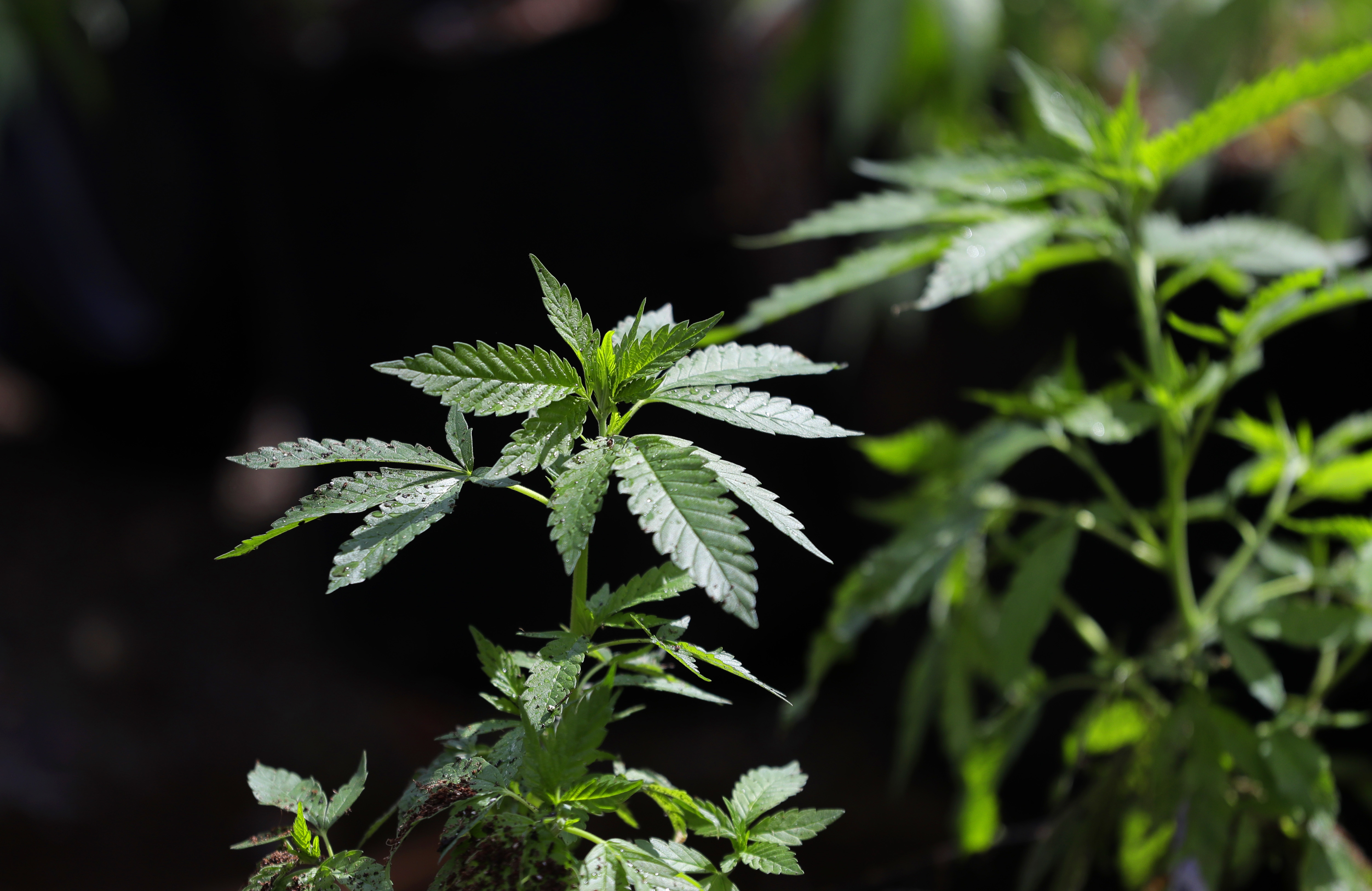Jamin Stuhr and his friends drove to Florida for spring break, but say they’re still keeping the pandemic on their minds.
"I get how people can get confused or forget about COVID when you’re here, but we just try to remember it and stay safe" Stuhr said.
“A little bit during the beginning of spring break here it got a little crazy," Tanya Landry, a Clearwater Beach, Florida, resident, said.
Now, the CDC says in states including Florida and California, a quarter of cases are a more contagious variant of the virus, and they expect it to spread.
"Our current models still project that by end of March, early April, B.1.1.7 will be the dominant variant," said CDC Director Dr. Rochelle Walensky.
B.1.1.7. — the variant first discovered in the U.K. — is 55% more deadly and spreads faster and more easily.
"It's not evenly distributed across the United States. We do have B.1.1.7 reported in 50 jurisdictions, over 4700 cases reported so far, and that's just based on some cases we're evaluating and sequencing," Walensky said.
Dr. Carlos Del Rio, the executive associate dean at Emory School of Medicine & Grady Health System, said until we get people vaccinated, we're really in a race between vaccines and variants.
Variants aren’t going away. The numbers we’re seeing could be much higher. That has everything to do with something very science-y and technical, but key to finding and fighting variants is genome sequencing.
"You can't get it at home. You can't get done at CVS, or get it down at your local health care provider. It's more that the researchers at these larger research institutions can isolate virus from an individual. All through a nasal swab, for instance, they can then sequence the genome, they can then put it into one of these databases," said Davidson Wessner, a biology professor at Davidson College.
Here’s the list of genome sequencing and variants. There are about 30,000 genetic isolates — or pieces — like each grain of white sugar here....in one sample, from someone’s COVID test. Scientists have to identify all of these pieces to determine if there’s a variant, or mutation. Mutations occur all the time in viruses, representing by this very generous teaspoon of brown sugar here. They usually consist of maybe a dozen so changes to these isolates. Scientists still have to go through all 30,000 isolates to be analyzed — or sequenced — in each sample.
And that is very slow and very expensive.The CDC says it takes about 10 days to sequence one sample, meaning when results come out, a person is past the most infectious stages of disease, limiting public health officials’ ability to contain it. The cost of one analysis: from $25 to $400.
Ramping up sequencing is happening, at both state and local levels, but right now every state is far below sequencing around 5 percent of cases, which experts recommend. Only six states are sequencing even about 1.7 percent of cases: Hawaii, Utah, Wyoming, Oregon, Washington, and Maine.
Bottom line: Even with vaccines, variants will keep cropping up. So it's important to keep following public health guidelines.
“We’re close! We’re close and I think that’s what people feel too, you know. But we all got to do our part so that we can get to the end,” Landry said.











